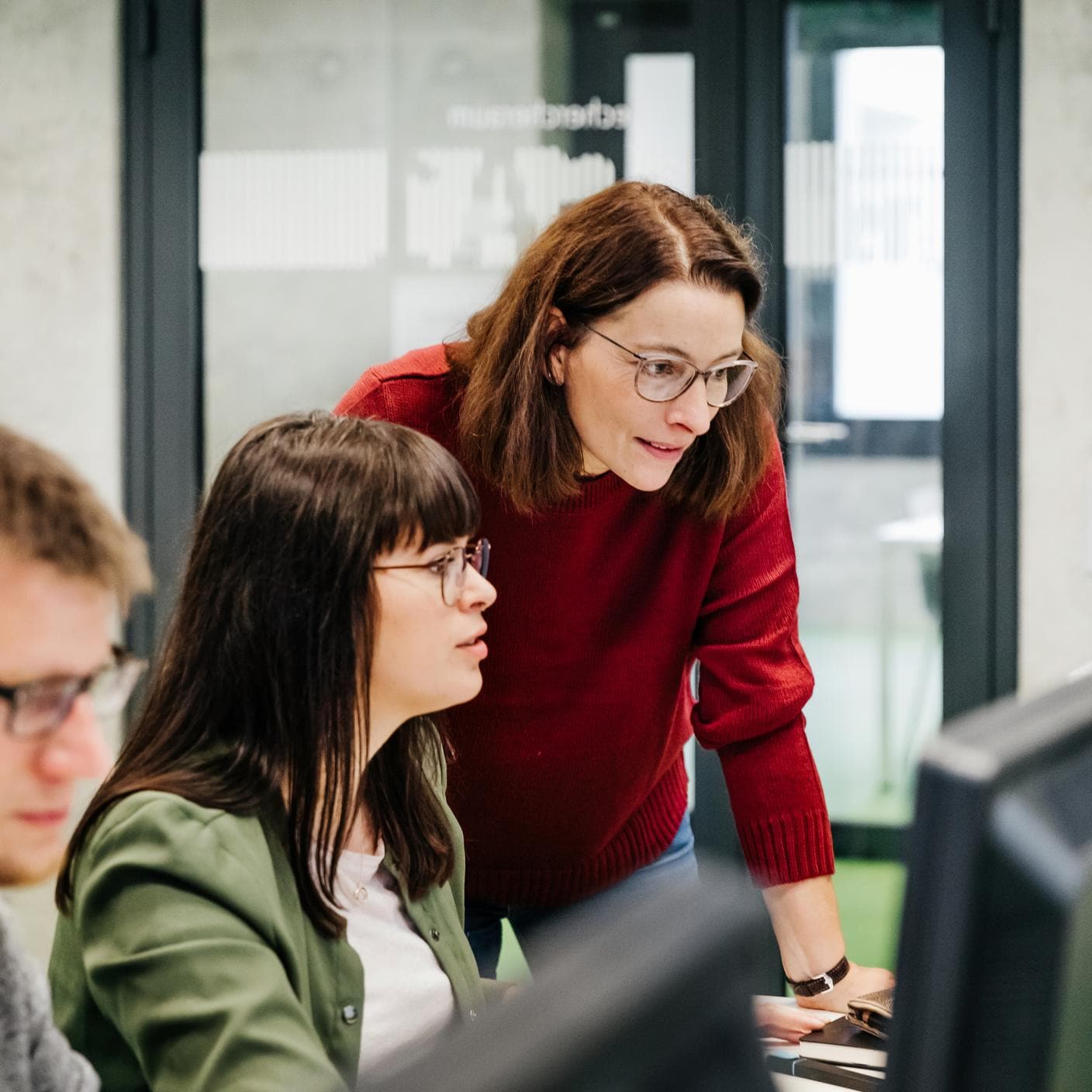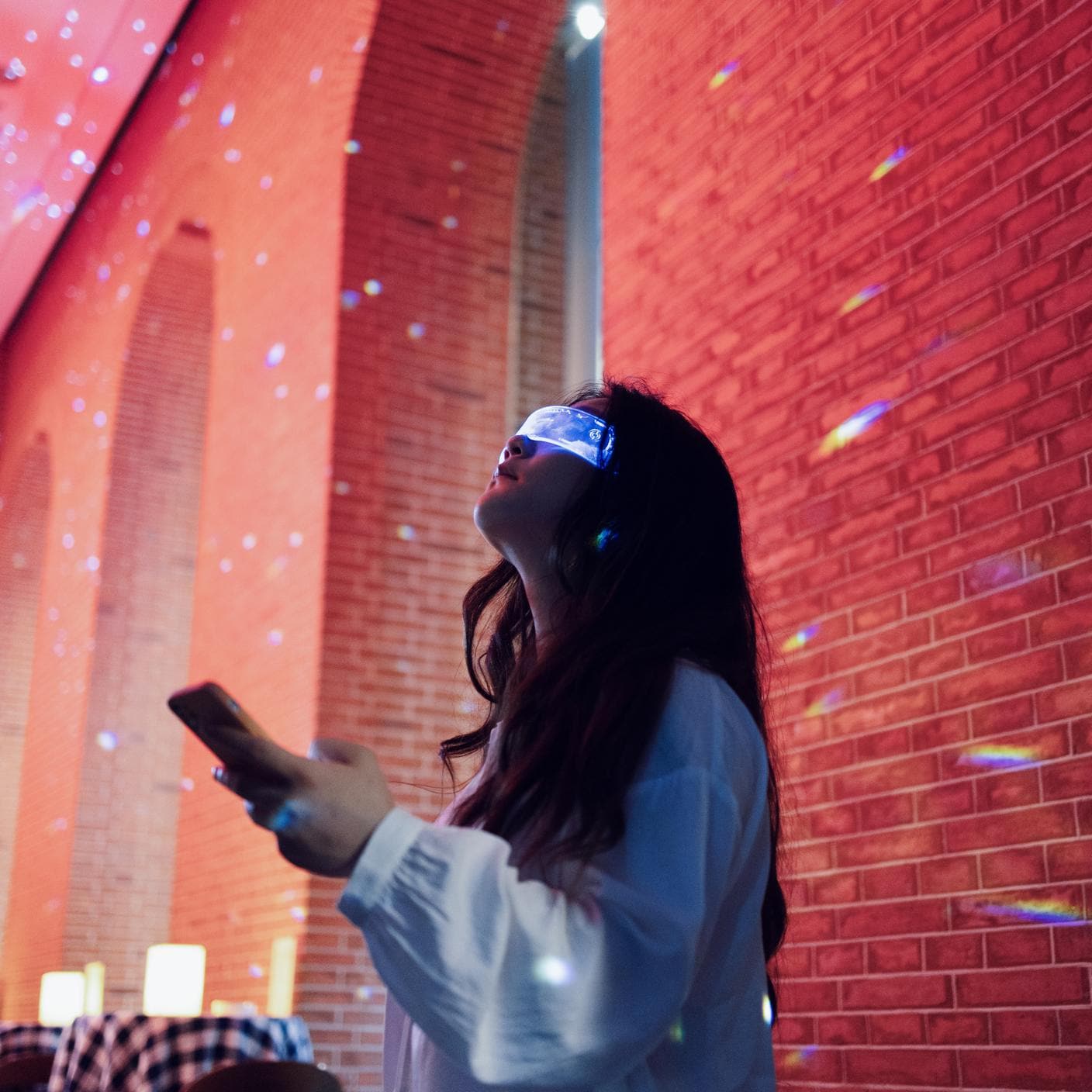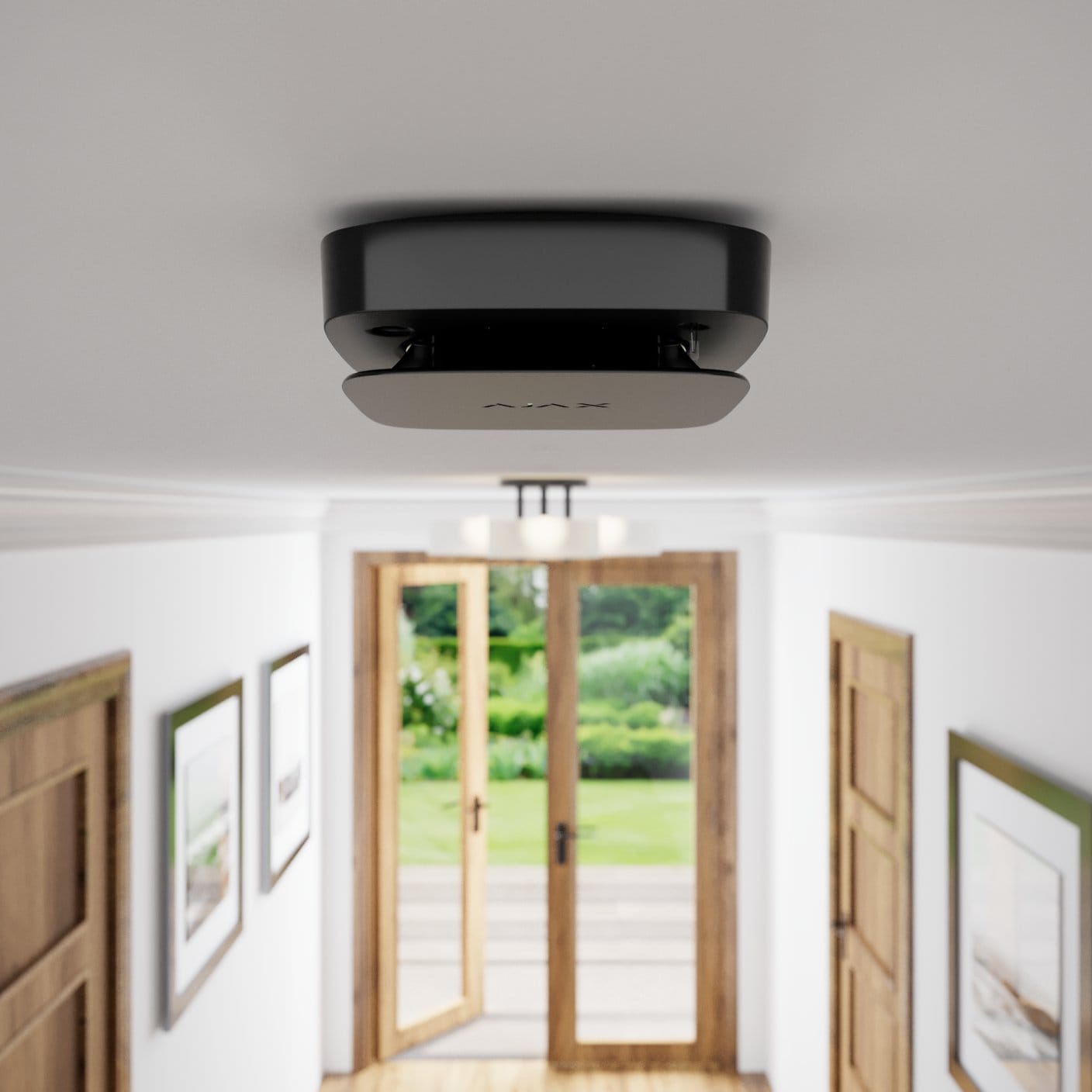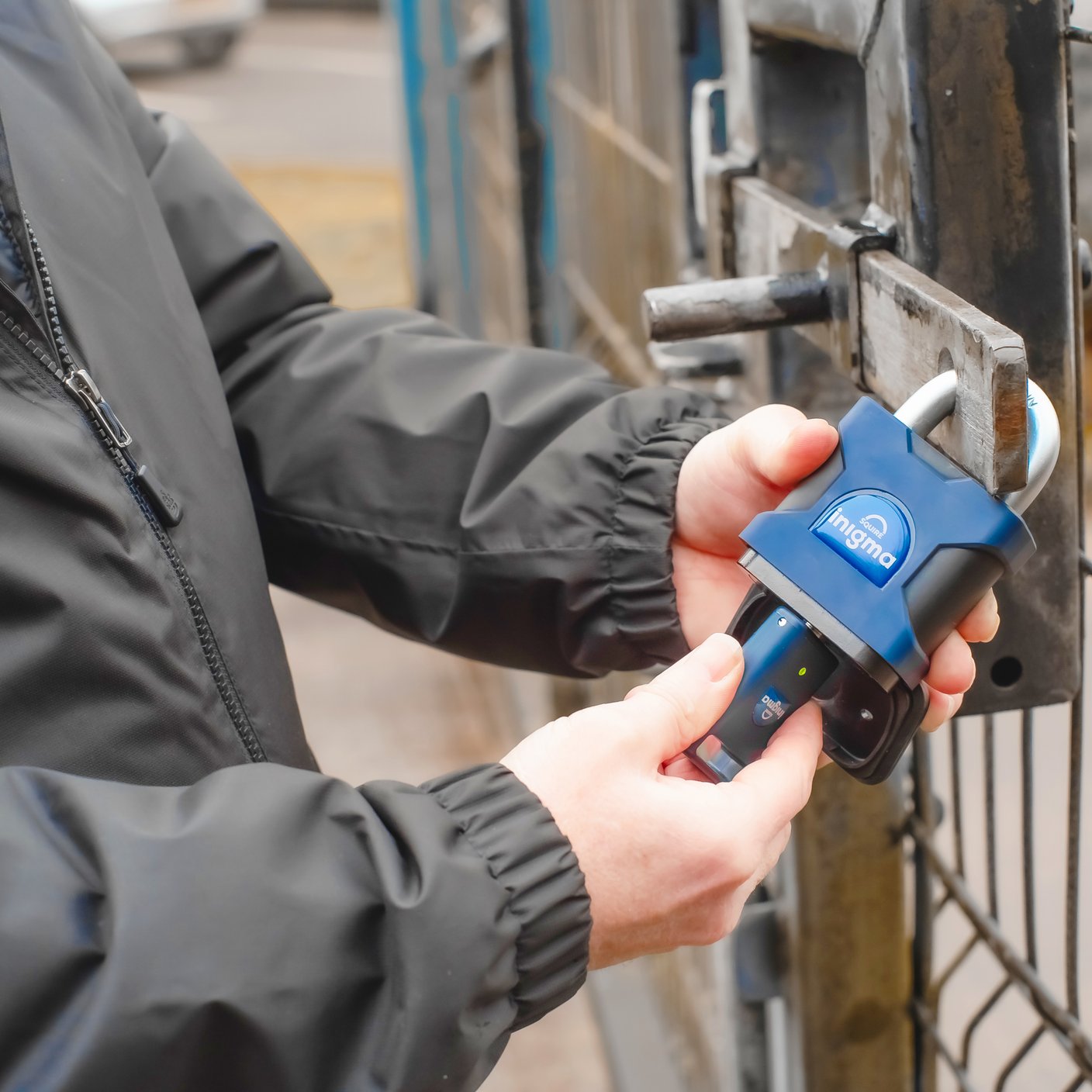Discover the transformative potential of cyber-physical infrastructure (CPI) and how it merges digital and physical realms, shaping a future of innovation, connectivity, and profound impact.
What is CPI?
Cyber-physical infrastructure merges the realms of digital and physical technologies into a single cohesive framework. This integration empowers you to seamlessly operate across both the real and digital domains, allowing you to brainstorm, craft, test, produce, and bring your ideas to life.
Much like how the internet revolutionized information interaction, CPI holds the promise of reshaping how we engage with engineered systems. Its interconnected suite of virtual and physical tools is readily available, offering a potential transformational impact on our societies.
From designing smart manufacturing processes that optimize efficiency and quality to developing interconnected healthcare systems that enhance patient care and monitoring, CPI finds its application across various sectors.
Think about self-driving cars that blend sensors and algorithms to navigate safely, or smart cities that employ CPI to manage traffic, energy consumption, and waste disposal efficiently. This convergence of the virtual and the real holds the potential to revolutionize how we interact with technology and engineered systems, shaping a more efficient, sustainable, and responsive future.
Usage and benefits
Picture a world where you effortlessly navigate between real and digital realms, transforming your ideas into reality seamlessly. Cyber-physical infrastructure offers you a remarkable ability: to save time, cut costs, and eliminate uncertainties from your innovation process. This translates to newfound prosperity, resilience, sustainability, and security in what you create.
The magic happens when you blend the virtual with the physical. With digital twins, you can test ideas in a digital realm before making them real, saving both time and costs while reducing risks. But the real thrill comes from connecting the digital and the real world.
This synergy empowers you to anticipate and cater to everyday needs with finesse, letting you shape your world like never before. CPI isn't just technology; it's your ticket to a smarter and more responsive creative journey.
The potential advantages of this interconnectedness become evident through numerous examples of human activity, including:
- The conveniences delivered by a smart home that is occupier aware and utilizes sensors to control the environment.
- The ability to model climate change impacts and test best responses.
- The integration of an intermodal transport system with driverless cars, smart roads, and connected transport hubs, offering the chance to reduce delays, cut costs, and limit environmental impacts.
- Home sensors that detect changing health conditions in people, or interoperable personal medical devices that allow for better treatment outcomes.
- The ability to model new energy development, such as wave or wind power efficiency.
Joining the dots
While potential benefits beckon, challenges also loom. Merging diverse tech in public, private, and regulated sectors is intricate. And while similarities between sectors exist, differences persist.
What’s more, addressing risks and safety is crucial. A self-driving car or aircraft that has been designed and maintained based on testing in a simulated environment is vastly different to whether an AI-bot works properly on an e-commerce website. In the former, people’s safety is in play, not just their shopping convenience.
The key question, then, is how can you connect the dots and integrate powerful technologies and innovations so that CPI—including digital twins and the Internet of Things (IoT)—lives up to its promise?
Here’s how we’re helping to connect the digital and physical worlds
Partnering with governments and industry, our collective goal is to shape the evolution of a secure, sustainable cyber-physical infrastructure. Together, we're highlighting pivotal opportunities and challenges this innovation brings.
Our focus? To foster collaboration, establish priority agreements, nurture best practices, and guide organizations in their application.
Here are some examples:
- We've collaborated with The Center for Digital Built Britain to establish the Digital Twin Hub (DT Hub).
This virtual community is integral to our commitment to shaping the evolution of cyber-physical Infrastructure (CPI). It serves as a platform for nurturing digital twin advancements, redefining the standards of excellence, and offering insights into the future standards that CPI demands.
- We've nurtured robust and dynamic IoT communities of practice to actively shape fresh opportunities, cultivate best practices, enhance confidence and trust, and expedite market growth.
These communities serve as vital components in our overarching vision of advancing cyber-physical infrastructure.
By uniting IoT buyers and suppliers from various sectors - encompassing smart cities, the built environment, BIM, transport, supply chains, and autonomous systems - we're fostering collaboration that propels the CPI landscape forward.








